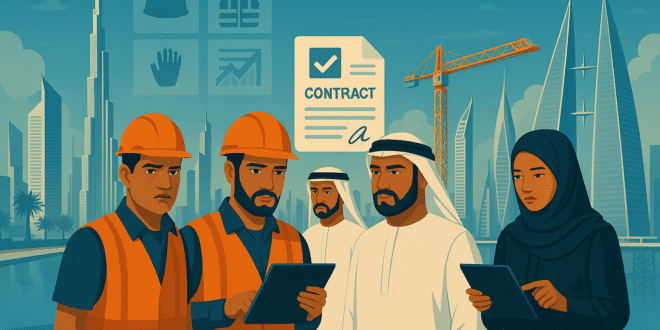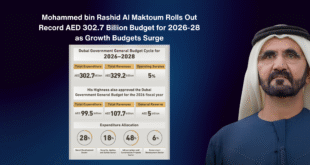I. Why Gulf Labor Reforms Expat Safety Measures Are in the Spotlight
The Gulf labor reforms expat safety initiative has become a top priority for GCC governments in 2025. As international pressure and local incidents reveal gaps in migrant protections, Gulf states are overhauling labor laws to improve working conditions, legal recourse, and welfare systems for their millions of foreign workers.
In this blog, we explore what’s driving the reform wave, which countries are leading the change, and how the future looks for expats across the Gulf region.
II. Context: A System Under Strain
🚨 Global Scrutiny and Local Incidents
The Gulf’s labor system — long criticized for kafala (sponsorship) laws, wage theft, and lack of legal protection — is now undergoing a reckoning. Recent cases such as Nimisha Priya in Yemen, deaths of construction workers in Qatar, and domestic worker abuse in Kuwait have reignited calls for urgent labor reform.
According to the International Labour Organization (ILO), Gulf nations host nearly 30 million migrant workers, accounting for over 70% of the total workforce in some countries like the UAE and Qatar.
“The Gulf’s economies cannot function without migrant labor. Protecting them is not just a moral duty, it’s a strategic necessity,” said Dr. Shatha Al-Suwaidi, GCC labor policy advisor.
III. Key Policy Shifts Across the Gulf
📝 UAE: New Labour Law and Insurance Scheme
The UAE introduced sweeping labor reforms under Federal Decree Law No. 33 of 2021, and in 2024, added a unified insurance system that guarantees workers’ rights to wages, leave, and compensation. The system replaced bank guarantees, making it easier for workers to claim dues.
A new Voluntary Code of Conduct for Employers was also issued, aimed at improving grievance redressal, especially for domestic staff.
🇸🇦 Saudi Arabia: Replacing Kafala
Saudi Arabia officially replaced the kafala system in March 2021, and by 2025, further updates have empowered expats to change jobs without employer permission. The “Labor Reform Initiative” (LRI) has significantly improved contract transparency and exit rights.
According to a 2025 report by Arab News, labor mobility applications have risen by 28% year-on-year, indicating growing trust in the new system.
🇶🇦 Qatar: After the World Cup, Reforms Stay
Despite criticism during the 2022 FIFA World Cup, Qatar has retained many reforms, including a minimum wage and an online Wage Protection System (WPS). The Ministry of Labour is conducting surprise inspections and mandating heat breaks during summers.
🇴🇲 Oman & 🇧🇭 Bahrain: Following Suit
Oman has streamlined visa transfers and increased employer accountability through the “Labour Dispute Settlement Committee.” Bahrain has expanded the “Flexi Work Permit”, allowing undocumented workers to regularize their status.
👉 Related: UAE’s AI-Backed Court System Explained
IV. Regional Impact: Hope or Half Measures?
The Gulf labor reforms expat safety drive is bringing tangible improvements, but enforcement remains inconsistent. Legal rights on paper often fail to translate into protections on the ground, especially for low-wage and domestic workers.
NGOs and labor activists argue that while new laws are promising, access to justice remains limited due to language barriers, fear of retaliation, and slow court systems.
“The key now is implementation. The new Gulf labor frameworks must reach the most vulnerable,” noted Sarah Leah Whitson, former HRW director for MENA, in a Human Rights Watch briefing.
V. Conclusion: A Turning Point for Gulf Worker Rights
The Gulf labor reforms expat safety momentum marks a defining shift in how the region treats its foreign workforce. While challenges persist, especially at the grassroots level, these reforms offer a path toward dignity, fairness, and justice for millions.
For the Gulf’s future economy to thrive sustainably, labor protection must evolve with economic ambition. Time will tell if reforms lead to lasting structural change — but the signs in 2025 are hopeful.
🔗 Verified External Sources:
- International Labour Organization – GCC Labour Migration Report
- Human Rights Watch – Gulf Reforms Evaluation
 The Credible Story Trending stories that keep you hooked
The Credible Story Trending stories that keep you hooked




